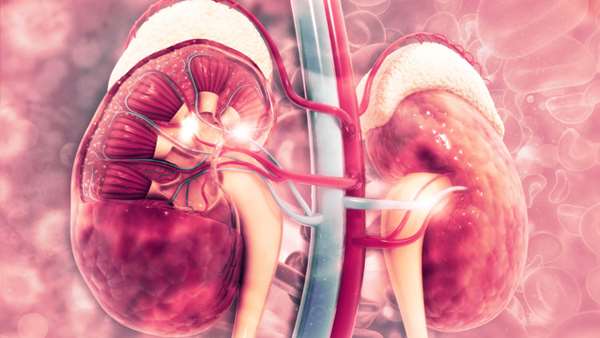Sangamo Announces UK Authorization of a Phase 1/2 Clinical Trial Evaluating the CAR-Treg Cell Therapy TX200 for Kidney Transplantation
Sangamo Therapeutics, Inc. (Nasdaq: SGMO), a genomic medicine company, announced today that the United Kingdom’s (UK) Medicines Healthcare Products Regulatory Agency (MHRA) has granted authorization of the first-in-human clinical trial to evaluate a Chimeric Antigen Receptor Regulatory T Cell (CAR-Treg) therapy.
Sangamo Therapeutics, Inc. (Nasdaq: SGMO), a genomic medicine company, announced today that the United Kingdom’s (UK) Medicines Healthcare Products Regulatory Agency (MHRA) has granted authorization of the first-in-human clinical trial to evaluate a Chimeric Antigen Receptor Regulatory T Cell (CAR-Treg) therapy. TX200 is being studied for the prevention of immune-mediated rejection following HLA-A2 mismatched kidney transplantation for end-stage renal disease (ESRD). Sangamo expects to open the first clinical sites for the STEADFAST study in 2020.
“Being the first company to test a CAR-Treg candidate in humans is an important milestone for Sangamo and this exciting new frontier of cellular therapy. We believe that the TX200 program will be invaluable in expanding our understanding of the safety and mechanism of action of CAR-Treg cells and their relevance in the clinic,” said Adrian Woolfson, BM, BCh, PhD, Head of Research and Development at Sangamo. “This innovative and personalized cellular therapy approach for HLA-A2 mismatched kidney transplantation is designed to help regulate the body’s immune system specifically and locally to promote acceptance of an immunologically mismatched donor organ. Beyond transplantation, we plan to explore the potential of CAR-Tregs in a range of autoimmune and inflammatory diseases.”
TX200 is an autologous (cells collected from the patient) HLA-A2-targeted CAR-Treg cell therapy. The patient’s regulatory T cells (Tregs), a type of white blood cell which plays a key role in regulating the immune response and inflammation, are collected and genetically engineered with a Chimeric Antigen Receptor (CAR) designed to bind to HLA-A2. HLA-A2 is a protein belonging to the human leukocyte antigen (HLA) system. Donor/recipient mismatch in HLA molecules is a primary contributor to organ transplant incompatibility and may ultimately lead to immune-mediated rejection of the transplanted organ. The recipient’s immune system can recognize this HLA-A2 mismatch and may attack the new kidney carrying the HLA-A2 protein, potentially leading to graft rejection.
TX200 HLA-A2 CAR-Treg cells are designed to accumulate and localize within the new kidney where the HLA‑A2 protein is present, thereby utilizing the ability of Tregs to suppress immune responses against the transplanted kidney. This approach aims to help the recipient’s immune system accept the new kidney and induce immunological tolerance, potentially allowing tapering and eventual elimination of accompanying standard-of-care immune suppressive treatments.
Kidney transplantation is the treatment of choice for patients with ESRD who must otherwise remain on long-term dialysis. To prevent graft rejection, transplanted patients are treated with lifelong immune suppressive therapy, which impacts the body’s immune system broadly and is associated with multiple side effects, including an increased risk of infectious complications, cancer, and other drug-related toxicities.
TX200, which has been developed in collaboration with Professor Megan Levings of the University of British Columbia1, entered Sangamo’s pipeline in 2018 as part of the acquisition of TxCell. Beyond kidney transplantation, Sangamo intends to use its zinc finger nuclease (ZFN) gene editing technology to develop next-generation autologous and allogeneic CAR-Treg cell therapies for use in treating autoimmune and inflammatory diseases.





ارسال به دوستان